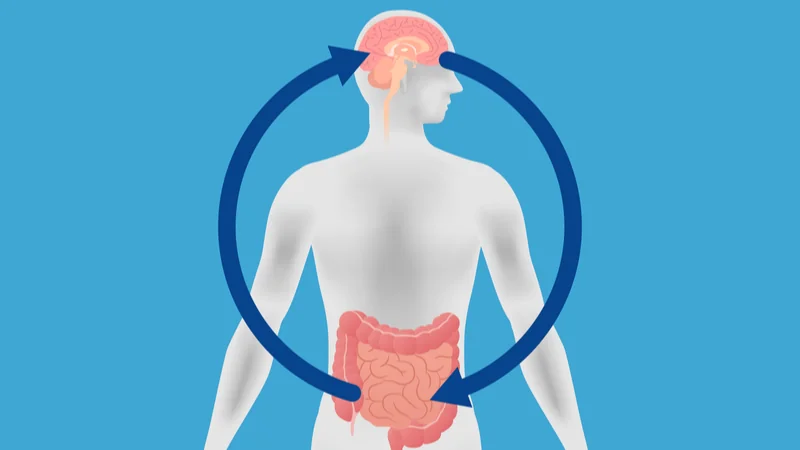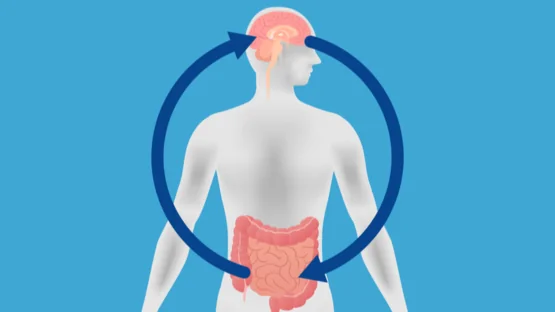A new review sheds light on the connection between chronic age-related inflammation, modern lifestyles, and the development of Alzheimer’s disease.
Inflammaging is the link between the microbiome, aging, and Alzheimer’s disease
Aging is accompanied by a chronic, smoldering background of inflammation known as inflammaging. This backdrop of low-grade inflammation contributes significantly to mortality risk in the elderly and has a number of sources, such as cell debris, the presence of senescent cells, gut microbiome changes, and immunosenescence.
There is a clear link between inflammaging and age-related disease, and as more data comes in, that association is becoming increasingly appreciated. Some researchers propose that changes to the gut microbiome is actually the origin point of inflammaging and that the detrimental changes to our gut microbiome are major drivers of systemic inflammation.
The gut microbiome is a complex and diverse environment populated by vast numbers and types of archaea, eukarya, viruses, and bacteria. Four microbial phyla, Firmicutes, Bacteroides, Proteobacteria, and Actinobacteria, make up 98% of the intestinal microbiome.
Essentially, the microbiome is an ecosystem that regulates various aspects of gut function along with the immune system, the nutrient supply, and metabolism. It also helps to control the growth of pathogenic bacteria, protects from invasive microorganisms, and maintains the intestinal barrier.
While the microbiome remains in a state of balance, known as homeostasis, it facilitates the healthy and efficient function of the body. However, poor lifestyle and aging cause detrimental changes to the bacterial populations in the gut, causing behavioral changes that have harmful consequences.
The researchers of this new review explore the link between the age-related changes to the gut microbiome and the development of Alzheimer’s disease [1]. They also examine these changes in the context of our modern and often sedentary lifestyles, which can also cause harmful changes to the microbiome.
Gut microbiome is a community of microorganisms in the gastrointestinal tract. These bacteria have a tremendous impact on the human physiology in healthy individuals and during an illness. Intestinal microbiome can influence one’s health either directly by secreting biologically active substances such as vitamins, essential amino acids, lipids et cetera or indirectly by modulating metabolic processes and the immune system. In recent years considerable information has been accumulated on the relationship between gut microbiome and brain functions. Moreover, significant quantitative and qualitative changes of gut microbiome have been reported in patients with Alzheimer’s disease. On the other hand, gut microbiome is highly sensitive to negative external lifestyle aspects, such as diet, sleep deprivation, circadian rhythm disturbance, chronic noise, and sedentary behavior, which are also considered as important risk factors for the development of sporadic Alzheimer’s disease. In this regard, this review is focused on analyzing the links between gut microbiome, modern lifestyle, aging, and Alzheimer’s disease.
Conclusion
Given the evidence thus far, it seems very likely that inflammaging is the link between the changes in the gut microbiome that create systemic inflammation and the inflammation driving the onset and development of Alzheimer’s disease.
Literature
[1] Askarova, S., Umbayev, B., Masoud, A. R., Kaiyrlykyzy, A., Safarova, Y., Tsoy, A., … & Kushugulova, A. (2020). The Links Between the Gut Microbiome, Aging, Modern Lifestyle and Alzheimer’s Disease. Frontiers in Cellular and Infection Microbiology, 10, 104.



